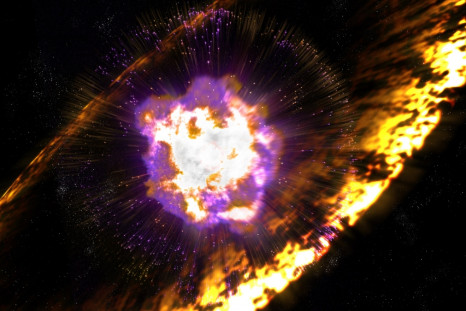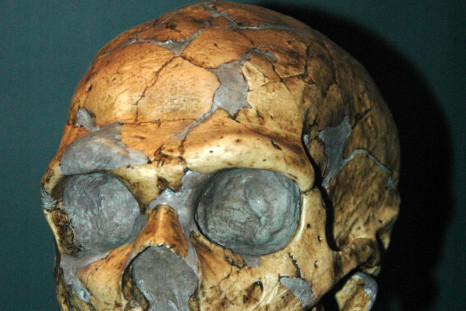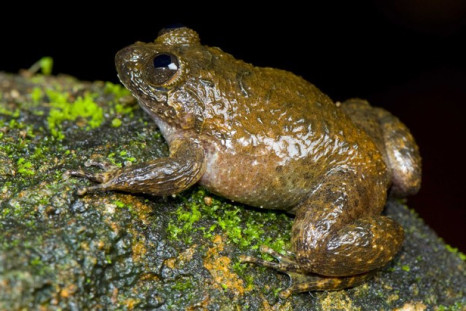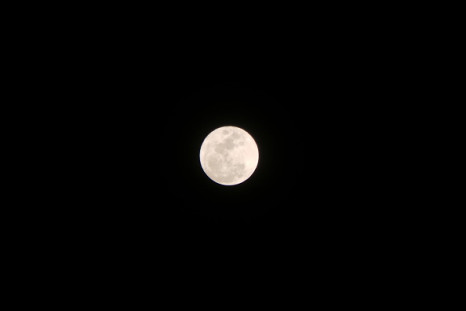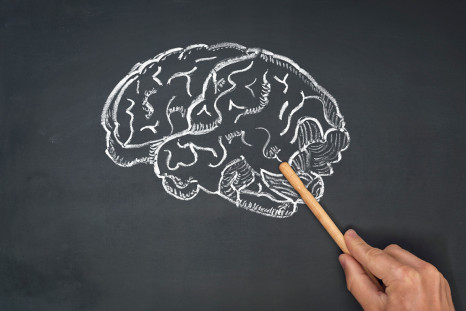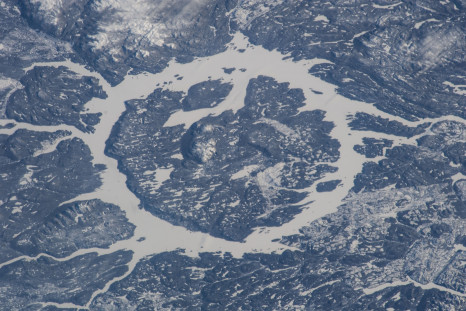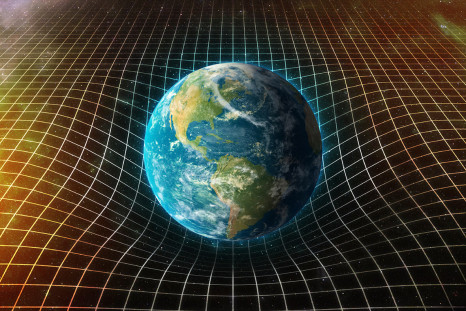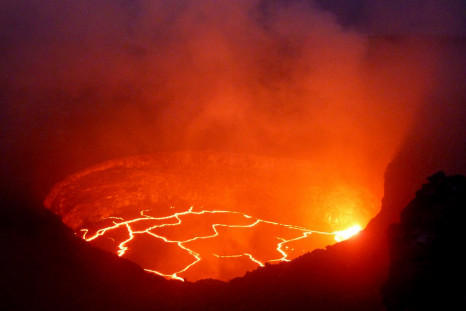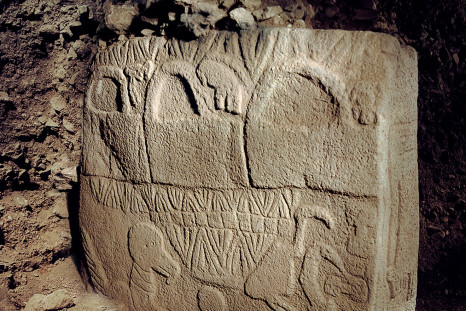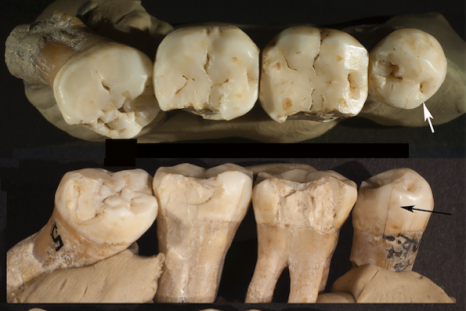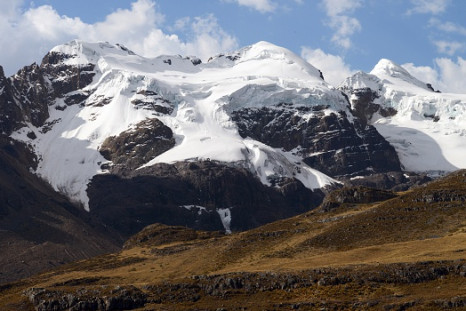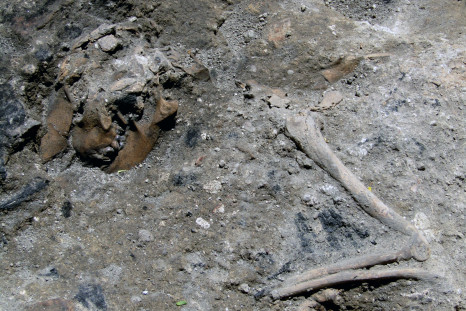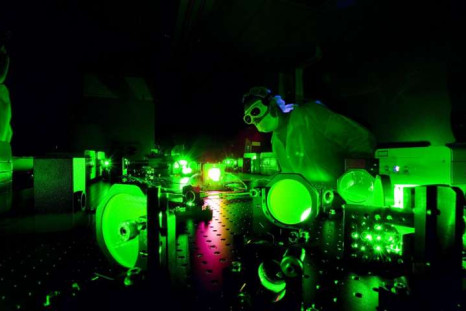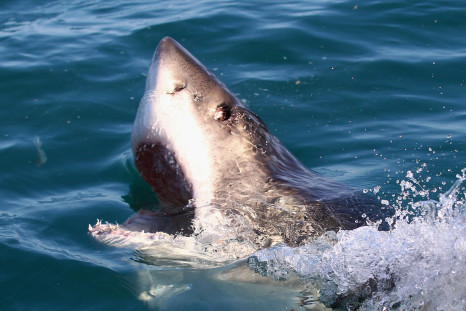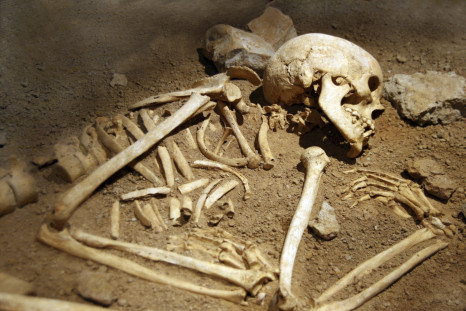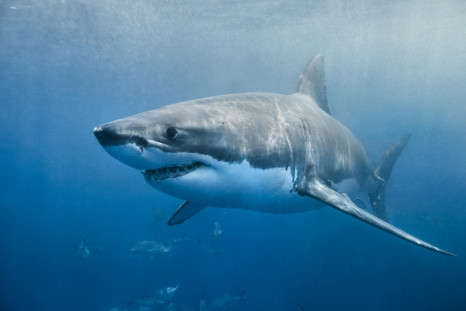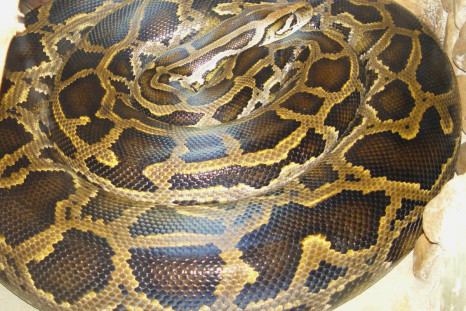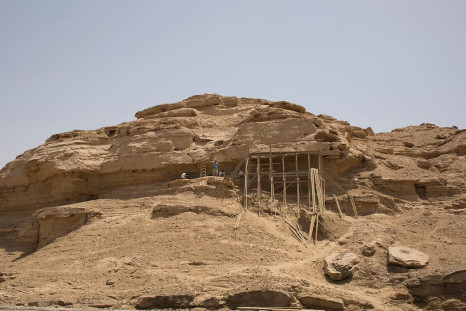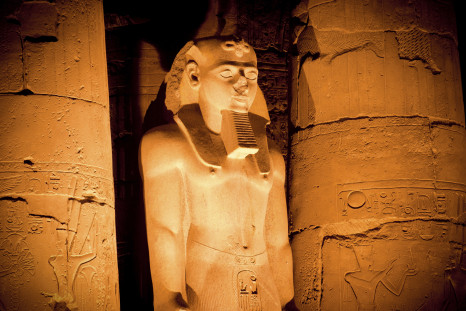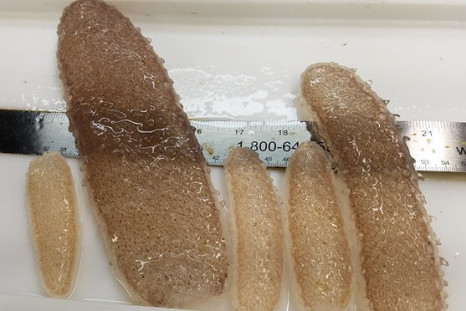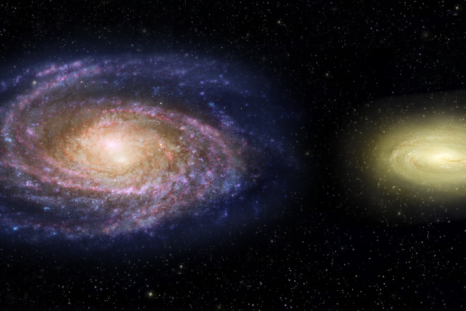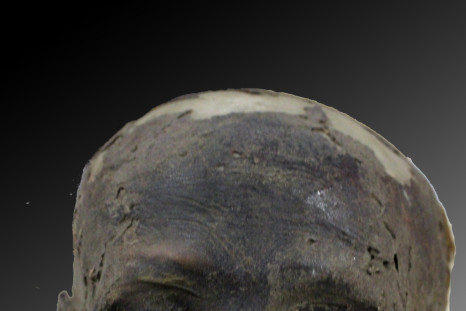More From Léa Surugue
Solved: The mystery of how planets are born when supernovas explode
Scientists have studied the process of planet formation in the aftermath of a supernova explosion.
Jul 06, 2017
Poor sleep increases the risk of developing Alzheimer's disease
People with poor sleep show more biomarkers of the disease in their spinal fluid.
Jul 05, 2017
Alzheimer's disease: Most detailed image ever of harmful protein in the brain speeds up treatment research
The tau protein aggregates in the brain, leading to a loss of brain cells.
Jul 05, 2017
Fertility treatment doesn't increase the risk of divorce
Couples may learn to talk more to deal with the stress of fertility treatments.
Jul 05, 2017
Neanderthal DNA gives new timeline for human migration out of Africa
A femur found 80 years ago is shining a new light on Neanderthal evolution.
Jul 04, 2017
Frogs thrived after catastrophic mass extinction that obliterated the dinosaurs
Scientists have come up with a new tree of life for frogs and a new timeline for their evolution.
Jul 04, 2017
Japan plans to put humans on the Moon by 2030
India and China have also been announcing ambitious plans to develop their space programs.
Jun 30, 2017
Why having a gut feeling really does exist - and how it influences your mental health
A small study has linked specific bacteria to regions of the human brain.
Jun 29, 2017
Mysterious gravestones near Pompeii reflect political upheaval in Ancient Rome
Known as columelle, the stelae shed light on the identity of Italians in a newly unified peninsula.
Jun 29, 2017
World Asteroid Day: Five largest known impact craters on Earth dating back millions of years
World Asteroid Day raises awareness of the threats posed by asteroids.
Jun 29, 2017
Gravitational waves can reveal existence of hidden dimensions
These ripple in spacetime are revolutionising our understanding of the universe.
Jun 29, 2017
HIV stigma: One in three Britons would not give first aid to someone safely living with the virus
Effective treatment prevents patients from passing on the virus, but few people know that.
Jun 29, 2017
Kīlauea volcano continues to splutter lava - helping us predict future devastating eruptions
Kīlauea volcano in Hawaii is one of the most active on Earth.
Jun 28, 2017
Ancient human skulls with mysterious carvings reveal 11,000 year old 'skull cult' in Turkey
Skull cult is a frequent phenomenon in Neolithic Anatolia as people thought skulls had a special power.
Jun 28, 2017
Prehistoric dentists: Neanderthals used toothpicks 130,000 years ago
The Neanderthal individual appeared to have experienced irritation and discomfort.
Jun 28, 2017
Humans first colonised Peru's high mountains 7,000 years ago
Human remains and artefacts left at a site suggest permanent occupation as far back as 7,000 years ago.
Jun 28, 2017
How drinking coffee can help you lose weight
Could caffeine be the key to help scientists develop obesity treatments?
Jun 27, 2017
1,800 year-old 'Mini Pompeii' unearthed during Rome metro line excavations
The remains of two buildings, including a solarium, and the bones of a dog were identified by archaeologists.
Jun 27, 2017
Scientists unleash laser 'as bright as a billion Suns'
The images produced by the laser could be used by doctors, physicists and engineers.
Jun 27, 2017
How the APOE4 Alzheimer's gene affects your brain function as you get older
The gene raises the risk of people developing Alzheimer's disease.
Jun 26, 2017
Could a massive earthquake strike the eastern US?
Scientists study Eastern Tennessee Seismic zone for 25,000 year-old clues.
Jun 26, 2017
The megalodon was the largest shark to have ever lived - now we know how it disappeared
A third of the marine megafauna is thought to have disappeared 2-3 million years ago.
Jun 26, 2017
How deadly viruses frozen in time could threaten humanity when Siberian permafrost melts
A study warns that the risk of becoming infected with a pathogen trapped in ancient permafrost is real, but extremely low
Jun 26, 2017
Why lessons learned from the recent whale-population collapse could protect endangered sharks
A study of why whale populations declined can inform conservation strategies for sharks.
Jun 23, 2017
How giant Burmese pythons regenerate their organs
They can double the size of their heart.
Jun 23, 2017
6,000-year-old rock art shows emergence of ancient Egypt hieroglyphs
The rock inscriptions were found by the Yale archaeological mission in Egypt.
Jun 23, 2017
Heart disease genes seen in Egyptian mummies still exist because they also boost reproduction
Coronary heart disease has not disappeared with natural selection despite being leading cause of death.
Jun 22, 2017
Millions of 'unicorns of the ocean' swarm US coast puzzling scientists
Colonies of mysterious sea creature have suddenly appeared in vast numbers along north west Pacific coast.
Jun 22, 2017
Massive dead disk galaxy observed for the first time challenges ideas of galaxy evolution
The galaxy stopped forming stars a few billion years after the big bang.
Jun 22, 2017
Face of ancient dignitary shows how mummies were made in Egypt 3,500 years ago
Nebiri was known as the Chief of Stables during the reign of Pharaoh Thutmose III.
Jun 22, 2017
Pages
- PREV
- 1
- 2
- 3
- 4
- 5
- 6
- 7
- 8
- 9
- NEXT



